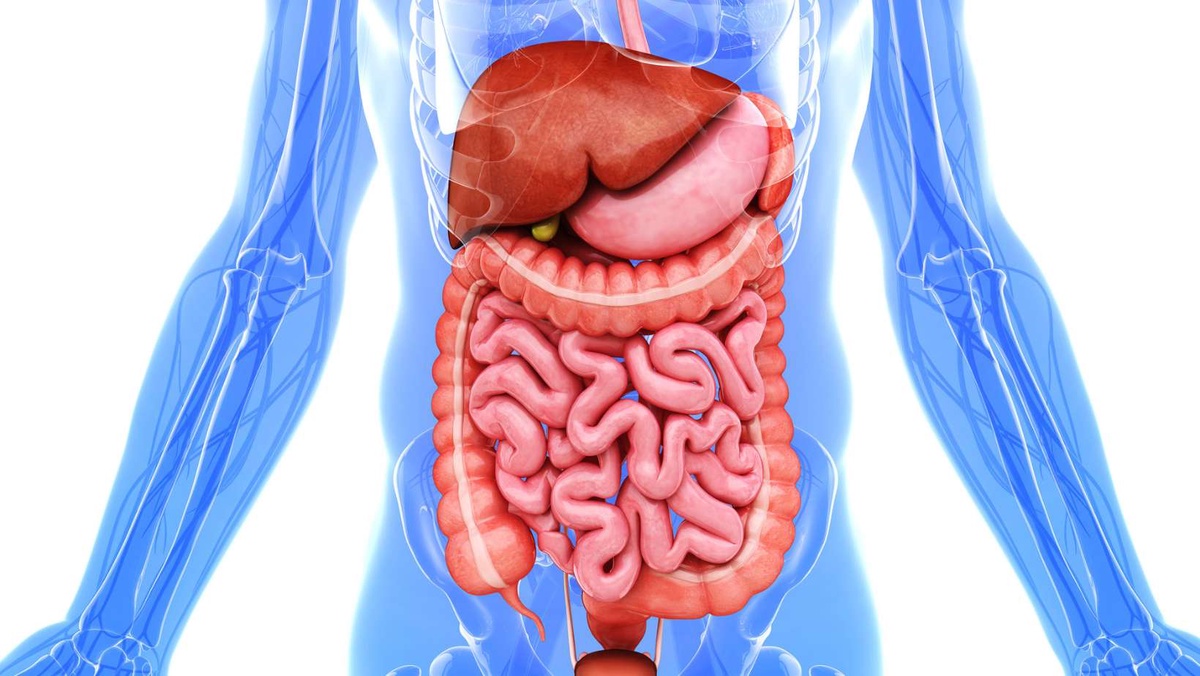Navigating the Intricacies: The Impact of the Digestive System on Liver Health
The human body is a marvel of interconnected systems, each vital in maintaining overall health. Among these, the digestive system and the liver form an intricate partnership where the well-being of one significantly influences the other. In this exploration, we delve into the symbiotic relationship between the digestive system and the liver, examining warning signs of liver damage, the crucial role of the liver in digestion, and the various organs affected in this complex process.
How does the digestive system affect the liver?
The digestive system is a multifaceted network responsible for breaking down food, absorbing nutrients, and expelling waste. In this orchestrated symphony of organs, the liver emerges as a key player. As the body's largest internal organ, the liver's connection to the digestive system is profound.
One fundamental way the digestive system impacts the liver is through the portal vein. This vein serves as a conduit, transporting nutrient-rich blood from the digestive organs directly to the liver for processing. This mechanism ensures that the liver receives the first opportunity to metabolize nutrients and filter out potential toxins before the blood circulates through the rest of the body.
To learn more about the intricate relationship between the digestive system and overall health, check out this insightful article on signs of digestive system distress.
Four Warning Signs of a Damaged Liver
The liver's resilience is remarkable but not impervious to damage. Recognizing the signs of a distressed liver is crucial for early intervention and maintaining overall health. Here are four warning signs that warrant attention:
- Jaundice: A yellowing of the skin and eyes indicates a buildup of bilirubin, a substance processed by the liver. Jaundice suggests impaired liver function.
- Abdominal Pain and Swelling: Discomfort or swelling in the abdominal region may signal liver inflammation or cirrhosis, conditions that require prompt medical evaluation.
- Unexplained Weight Loss: Sudden and unexplained weight loss could indicate liver issues, as the liver plays a role in processing nutrients vital for maintaining a healthy weight.
- Changes in Stool Color: Light-colored stools may suggest a lack of bile reaching the intestines, pointing to potential liver or bile duct issues.
The Liver: An Essential Component of the Digestive System
The liver's significance in the digestive process cannot be overstated. Its multifunctional role encompasses the production of bile, a digestive fluid crucial for the breakdown and absorption of fats. Additionally, the liver stores and releases glucose, ensuring a steady energy supply to support various bodily functions.
The intricate dance between the liver and digestive system involves the pancreas, gallbladder, and small intestine. As food journeys through the digestive tract, the liver modulates the release of bile to aid in the emulsification of fats, promoting optimal nutrient absorption in the small intestine.
Organs Affected in the Digestive System
Understanding the digestive system involves recognizing the collaboration of multiple organs. Besides the liver, key players include the stomach, pancreas, gallbladder, and intestines.
- Stomach: The stomach kick-starts digestion by churning food and secreting gastric juices containing enzymes that begin the breakdown of proteins.
- Pancreas: This organ produces digestive enzymes that break down carbohydrates, proteins, and fats. It also plays a crucial role in regulating blood sugar levels.
- Gallbladder: The gallbladder stores bile produced by the liver and releases it into the small intestine to aid in fat digestion.
- Intestines: The small and large intestines are responsible for nutrient absorption and stool formation. The small intestine is particularly crucial for absorbing nutrients from digested food.
In conclusion, the delicate dance between the digestive system and the liver is a testament to the body's intricate design. Recognizing the signs of a compromised liver, understanding the liver's vital role in digestion, and acknowledging the collaboration of various organs in the digestive process are essential steps toward fostering optimal health.
By prioritizing digestive health, we support the liver and pave the way for overall well-being. The journey through the digestive system is a complex yet fascinating exploration of the body's capabilities and the interconnectedness of its various components.
The Microbiome's Role in Digestive and Liver Health
Beyond the well-known digestive organs, the gut microbiome is an often-overlooked player in this symphony. Comprising trillions of microorganisms, including bacteria, viruses, and fungi, the microbiome profoundly influences digestion and overall health. Remarkably, the liver is intricately connected to the microbiome, as the portal vein carries nutrients from the digestive organs and microbial byproducts.
A balanced and diverse microbiome contributes to efficient digestion and nutrient absorption. However, disruptions, such as an overgrowth of harmful bacteria, can lead to inflammation and impact liver function. Research suggests a link between an imbalanced microbiome, dysbiosis, and conditions like fatty liver disease.
Explore this comprehensive guide for a deeper dive into the microbiome's impact on digestive health.
Maintaining Liver Health through Diet and Lifestyle
Proactive steps can be taken to promote liver health within the broader context of digestive well-being. A balanced diet rich in fruits, vegetables, lean proteins, and whole grains provides essential nutrients while minimizing the strain on the liver. Hydration is equally crucial, supporting the liver in its detoxification processes.
Regular exercise contributes not only to overall health but also aids liver function. Physical activity helps regulate weight, reduce inflammation, and improve insulin sensitivity, all vital for a healthy liver.
Educating Ourselves for Digestive and Liver Wellness
As we unravel the complexities of the digestive system and its impact on the liver, education emerges as a powerful tool for wellness. Understanding the body's interconnected processes empowers individuals to make informed choices about their diet, lifestyle, and overall health.
In conclusion, the digestive system's influence on liver health extends beyond the physical organs, including the intricate microbiome and lifestyle factors. We can cultivate a thriving digestive system and support the liver's multifaceted role by embracing a holistic approach that incorporates mindful eating, regular exercise, and ongoing education.


No comments yet